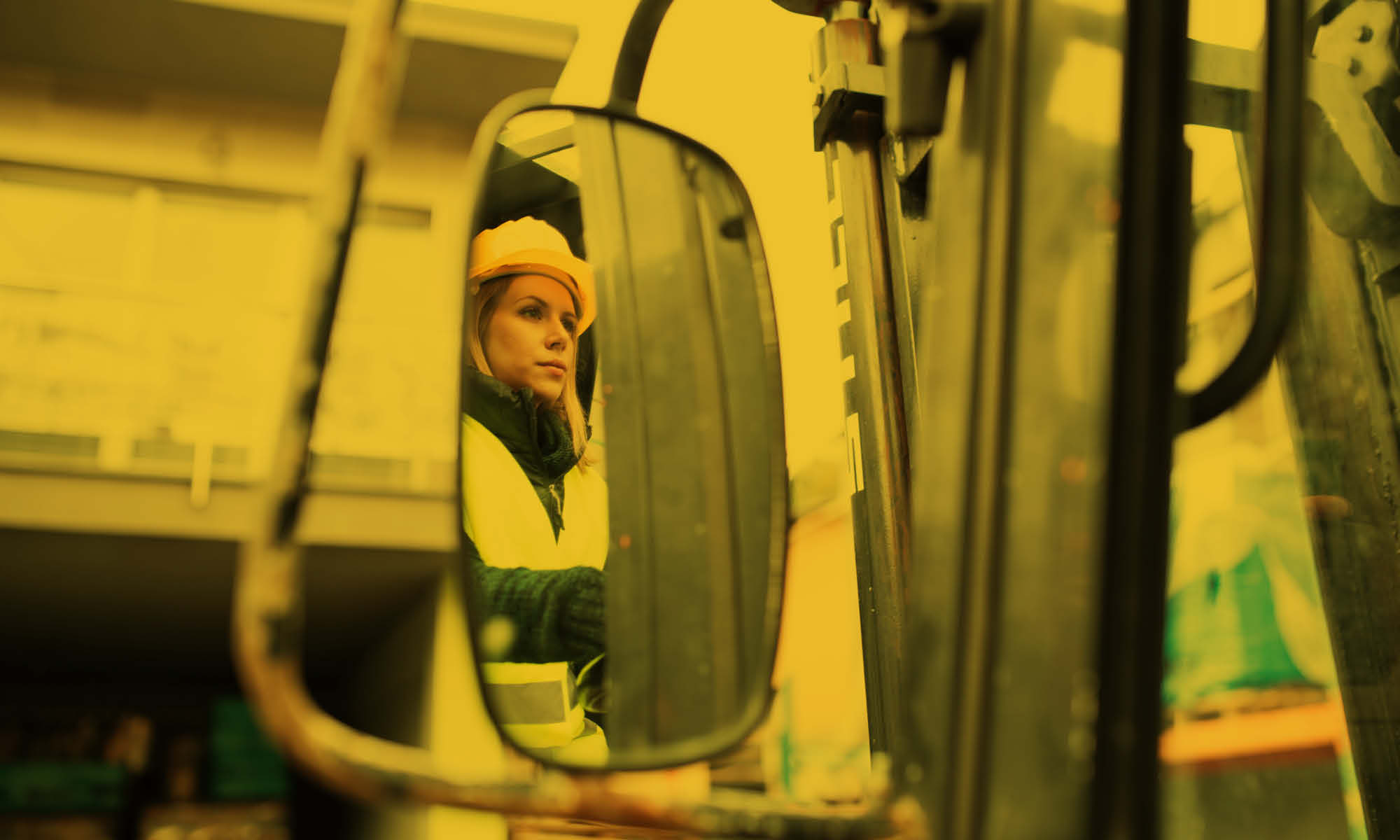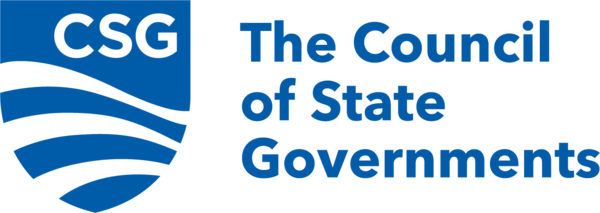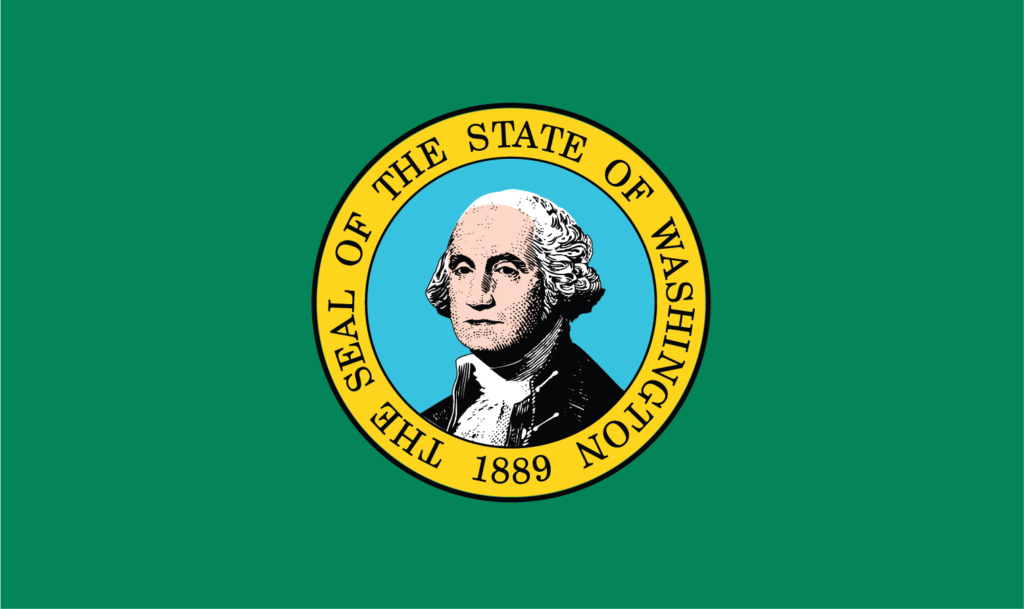Interstate compacts have a long history in licensing portability policy. These multi-state agreements provide shortened routes to licensing for professionals approved for practice in one state but who seek to work in another.
More recently, Universal License Recognition (ULR) — laws requiring licensing bodies to grant a license to a practitioner certified in another state — have been passed in 12 states. This trend in licensing policy represents a broader goal of states to lower barriers for professionals to enter a state’s workforce, while continuing to protect public health and safety. In that effort to expand eligibility to work, the implementation of ULR, as well as interstate compacts, must address the differences among states in licensing requirements for those with past criminal convictions. There are important variations in the crafting of these licensing laws that can have a significant impact on certain practitioners looking to move into a state with a universal license recognition law.
Continue reading “Portability Policies for Justice-Involved Individuals”









